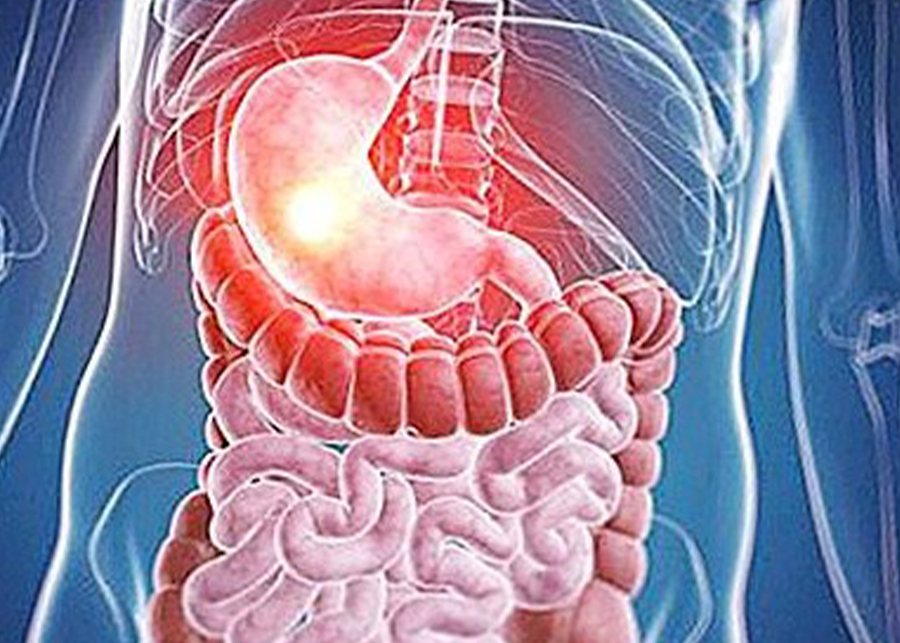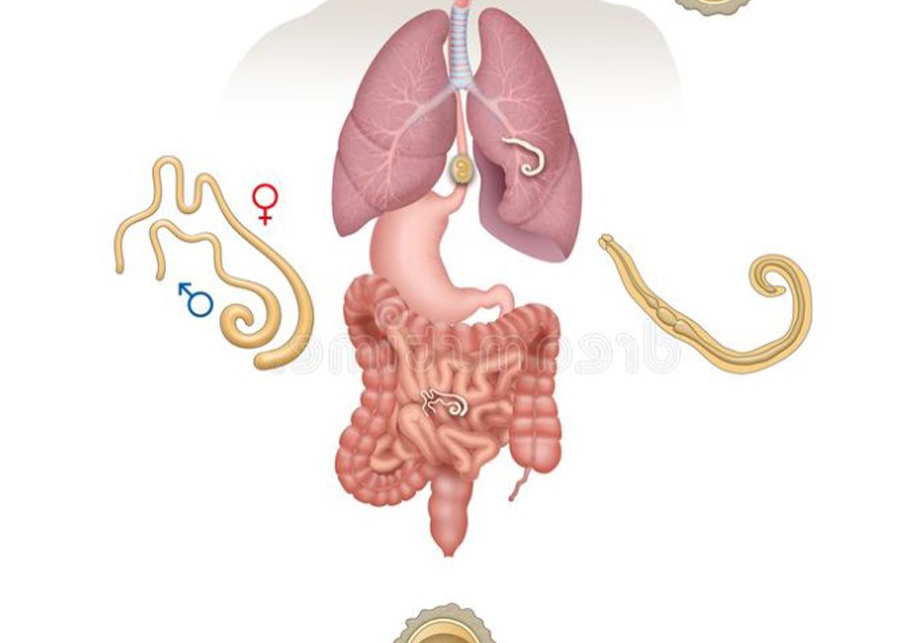Digestion is one of the body’s most essential functions. Digestion is a complex process that breaks down the food we eat into nutrients. Some foods are faster to digest than others, fruits and vegetables take longer to digest than protein or fat. Also, there are differences between male and female in the digestion time of different foods.
The process of digestion breaks down the food we consume into nutrients. Some foods are faster to digest than others. For example, fruits and vegetables take longer to digest than protein or fat. Also, there are differences between male and females in the digestion time of different foods. You can learn more about these differences and how long it takes to digest different types of food by reading this article. It will also help you determine whether a particular food is right for you.

Digestion is the process of breaking down food into nutrients
Digestion is the sequence of chemical processes that break down food into smaller molecules for absorption by our cells. We need these nutrients for energy, growth, and cell repair. During digestion, foods are broken down into several different parts, including carbohydrates, fats, and vitamins. These parts are transported by the blood to our cells.
Digestion starts in the mouth, where enzymes help break down food. The salivary glands secrete enzymes such as amylase, which breaks down starch. The bolus then travels down the esophagus and into the stomach. There, the food is further broken down by enzymes such as pepsin, which helps break down proteins. Once in the stomach, partially digested food enters the duodenum.
Fruits and vegetables take longer to digest
While fruits and vegetables are not difficult to digest, they should be consumed in moderation. Fruits with high water content will take about half an hour to digest, while starchy vegetables like potatoes and grains will take two to three hours. Beans and pulses, such as black beans and chickpeas, take about two hours to digest. Broths, meanwhile, take about 15 minutes to digest.
Foods take time to digest because they contain different types of fiber. Insoluble fiber is found in many citrus fruits, pears, apples, and legumes, while soluble fiber is found in most vegetables. The transit time of foods depends on the type of fiber and the digestive health of the person. It will also vary depending on whether the food is high in fat or protein. Some types of food are more difficult to digest than others, including fatty foods and fruits.
Proteins and fats move through the digestive system at a slower rate
The digestive system breaks down large molecules of food into smaller components before moving them through the body for absorption. These components are then absorbed through the intestinal wall and enter the circulatory system. Proteins and fats move through the digestive tract at a slower rate. Most of the chemical digestion of food occurs in the small intestine. Enzymes from the pancreas and the intestinal brush border are responsible for this process. Bile is also involved in
breaking down fat.

Proteins and fats move through the digestive tract at a slower rate than carbohydrates. Proteins contain repeating units called amino acids, which are linked together by peptide bonds. During digestion, proteins are broken down into amino acids, which travel to tissues and are used for energy. The newly synthesized proteins are used to build hormones, bones, muscles, and skin.
Gender differences in digestion time
Men and women digest food in different ways. Some of the differences in digestion time can be caused by the physical makeup of men and women, or by the structure of their digestive systems. If you experience bloating, nausea, or a longer feeling of fullness, you should contact your doctor right away.
The ingestion time of food is one of the most important factors influencing hedonic and homeostatic sensations. For instance, women feel a probe meal less powerfully than men after a meal that is eaten at an unusual time. This may be a result of differences in meal schedule between the sexes.
How Long Does it Take to Digest Food? Result
According to medical research, it takes about 3 hours for your body to fully digest one meal. That being said, some studies have shown that it can take between 5-6 hours for your body to digest a meal that consists of fat, protein and carbohydrates. The speed at which your body will digest specific food items also varies depending on what type of food is eaten and if you are a male or female.








